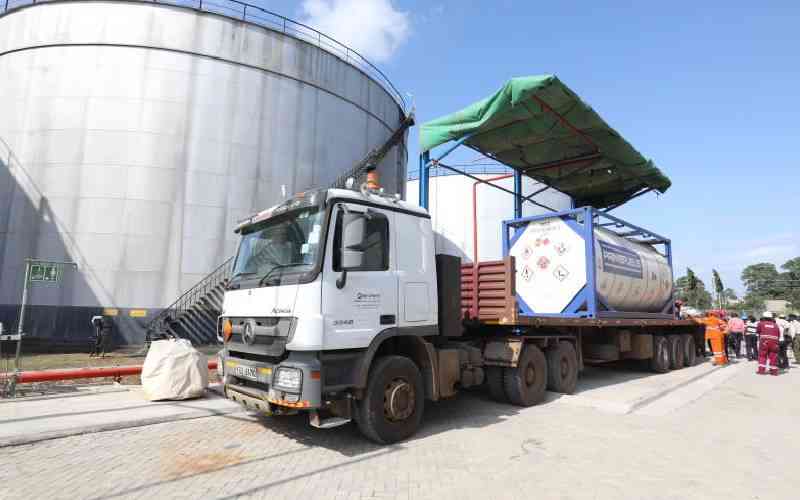×
The Standard e-Paper
Smart Minds Choose Us
Increased human activities along the Mara River Basin - that is said to support 1.2 million people in Kenya and Tanzania - pose serious threat to the ecosystem.
Deforestation, poor farming methods and water pollution in the water catchment areas around Nakuru, Narok and Bomet counties continue to degrade the ecosystem.






